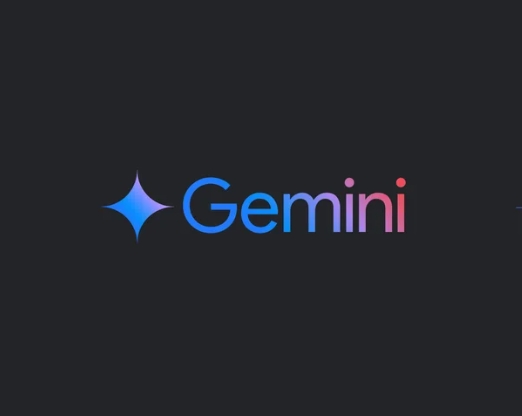Google DeepMind has officially released its latest music generation model, Lyria2, marking another significant breakthrough in artificial intelligence for music creation. This new model, with its high-fidelity audio generation and professional-grade sound quality, provides musicians, producers, and creators with more powerful tools.

Lyria2: High-Fidelity Sound Quality, Capturing the Nuances of Music
Lyria2 represents DeepMind's latest achievement in music generation technology. Compared to previous models, it offers significant improvements in sound quality and creative flexibility. According to DeepMind, Lyria2 can generate high-fidelity music and professional-grade audio, covering various musical styles and complex arrangements, accurately capturing the subtle differences between instruments and playing styles. Whether it's the elegant melody of classical music or the dynamic rhythm of electronic music, Lyria2 can generate layered musical pieces from simple text prompts.
Furthermore, Lyria2 allows users to control key musical parameters such as pitch and beats per minute (BPM) through text input, providing creators with greater freedom. For example, musicians can generate music fitting their needs by describing “a cheerful jazz piano piece” or “an epic symphony,” significantly lowering the barrier to entry.
Lyria RealTime: A New Experience in Real-Time Music Generation
DeepMind has also introduced Lyria RealTime, an innovative feature based on Lyria2 that allows users to generate and control music in real time. This feature enables creators to instantly adjust the style, rhythm, and emotion of the music, providing a dynamic creative experience. Lyria RealTime is particularly suitable for live performances or rapid prototyping, adding more interactivity and immediacy to music creation.
Music AI Sandbox Upgrade: Empowering More Musicians
Simultaneously released with Lyria2 is a major upgrade to DeepMind's Music AI Sandbox. This experimental creative suite is now available to more musicians, producers, and songwriters in the US. The upgraded Music AI Sandbox integrates Lyria2 and Lyria RealTime, providing users with an intuitive platform to explore AI-driven music creation.
DeepMind states that the Music AI Sandbox aims to help musicians overcome creative bottlenecks and inspire creativity. For example, producers can use AI to generate unique background music or sound effects, while songwriters can use Lyria2 to quickly compose melodies for lyrics. We believe the widespread application of this tool could reshape the music industry's creative workflow.
SynthID Watermarking Technology: Ensuring Transparency for AI-Generated Content
While driving technological innovation, DeepMind prioritizes responsible AI deployment. All music generated by Lyria2 and Lyria RealTime incorporates DeepMind's SynthID watermarking technology. This technology embeds imperceptible digital watermarks in the audio to ensure that AI-generated content is identifiable, thus enhancing content transparency and preventing potential copyright disputes. This reflects DeepMind's profound consideration of technological ethics and industry collaboration.
The release of Lyria2 further solidifies DeepMind's leading position in generative AI. On social media, many industry professionals are optimistic about Lyria2's potential, believing its high-fidelity audio and real-time generation capabilities will bring new possibilities to music creation. We analyze that as Lyria2 is integrated into Google's Vertex AI platform and YouTube's Dream Track toolset, businesses and content creators will be able to generate customized music content more efficiently, reducing production costs and improving creative efficiency.
However, the widespread application of Lyria2 may also face challenges. For example, the copyright ownership and originality of AI-generated music still require further industry regulation. DeepMind previously shelved a music AI project called "Orca" due to copyright issues, reminding us to balance innovation with legal and ethical considerations as technology rapidly advances.
Learn more: https://deepmind.google/technologies/lyria/









